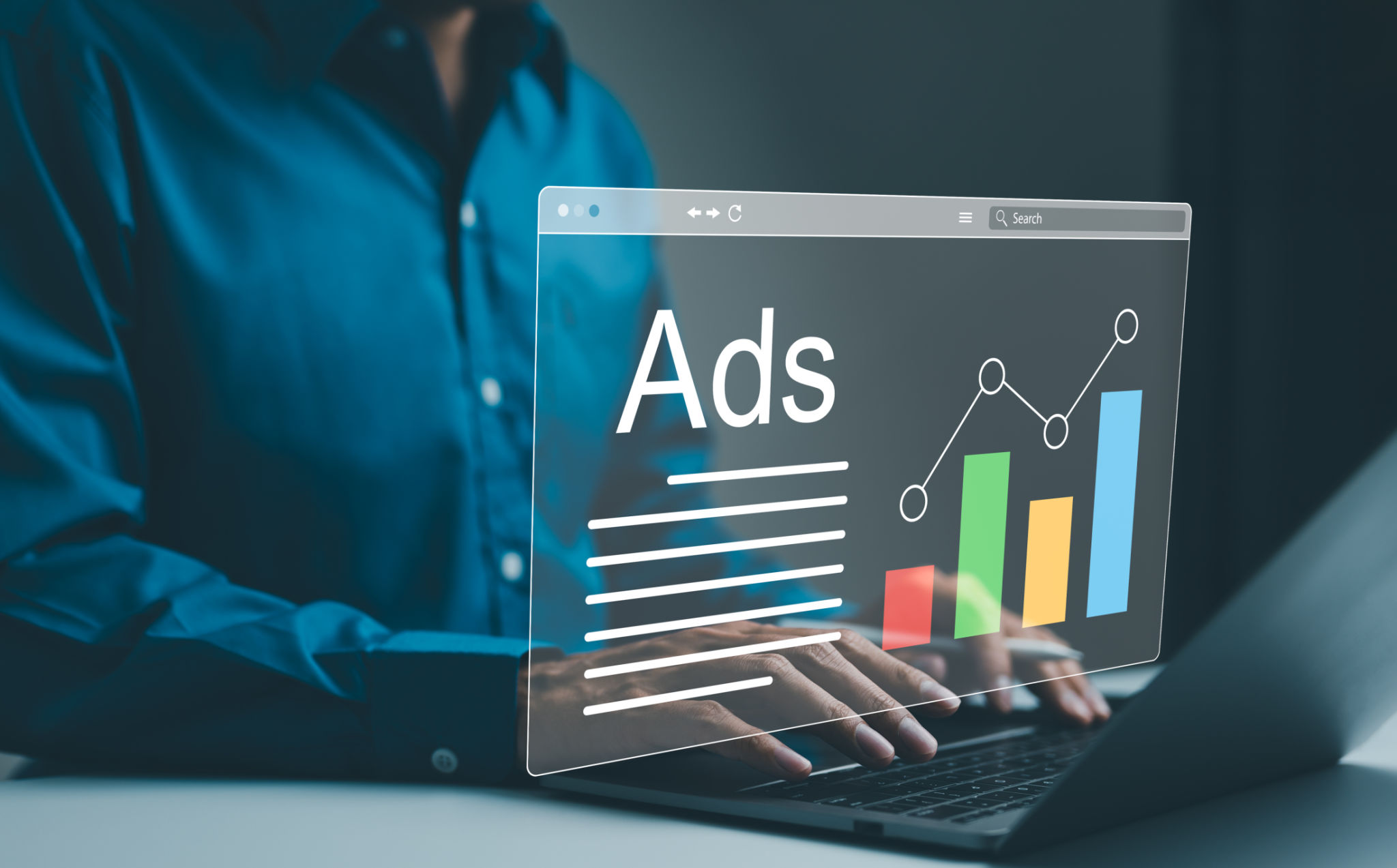Common Misconceptions About SEO and PPC: Debunking Myths
Understanding the Basics: SEO and PPC
Search Engine Optimization (SEO) and Pay-Per-Click (PPC) are two fundamental strategies in digital marketing. While both aim to increase a website's visibility, they operate differently. SEO focuses on optimizing content to rank organically on search engines, whereas PPC involves paying for ad placements to appear at the top of search results. Despite their significance, these strategies are often surrounded by misconceptions that can lead to ineffective marketing efforts.

Misconception 1: SEO is a One-Time Task
One common myth is that SEO is a one-time effort. In reality, SEO requires continuous attention and adaptation. Search engines frequently update their algorithms, and competitors constantly improve their strategies. To maintain and enhance rankings, businesses must regularly update content, build links, and analyze performance metrics. Treating SEO as an ongoing process rather than a one-time project is essential for long-term success.
Misconception 2: PPC Guarantees Instant Success
While PPC can drive traffic quickly, it doesn't automatically ensure success. Effective PPC campaigns require strategic planning, including keyword research, audience targeting, and compelling ad copy. Additionally, continuous monitoring and optimization are needed to achieve desired results. It's a misconception that simply investing money into PPC will yield immediate and substantial returns without diligent management.

The Cost Factor: SEO vs. PPC
Another prevalent myth is that SEO is free while PPC is expensive. While it's true that SEO doesn't involve direct payments for clicks, it does require investment in tools, content creation, and expert consultation. Conversely, PPC provides a clear cost structure where businesses pay for each click. Both strategies have costs associated with them, and the decision should be based on budget, goals, and resources available.
Misconception 3: PPC Negatively Impacts SEO
Some believe that running a PPC campaign can harm their organic SEO efforts. However, SEO and PPC can complement each other effectively when used together. PPC can provide immediate visibility while SEO builds long-term authority. Moreover, data from PPC campaigns can inform SEO strategies by identifying high-converting keywords and understanding audience behavior.

Measuring Success: Metrics and Expectations
It's a common misconception that ranking first on search engines should be the sole measure of success for SEO or PPC campaigns. In reality, success should be gauged through various metrics such as conversion rates, engagement levels, and return on investment (ROI). Focusing solely on rankings can lead to overlooking other crucial performance indicators that contribute to overall business objectives.
Misconception 4: SEO and PPC are Mutually Exclusive
A final misconception is that businesses must choose between SEO and PPC. In fact, integrating both strategies can provide a comprehensive approach to digital marketing. While SEO builds credibility and organic reach over time, PPC offers immediate exposure and control over targeting specific audiences. When used together strategically, they can enhance brand visibility and drive sustainable growth.

By debunking these myths, businesses can better understand the true nature of SEO and PPC. Recognizing the value of both strategies and how they can work in tandem will allow companies to optimize their online presence effectively. By dispelling these misconceptions, marketers can make informed decisions that align with their goals and resources.